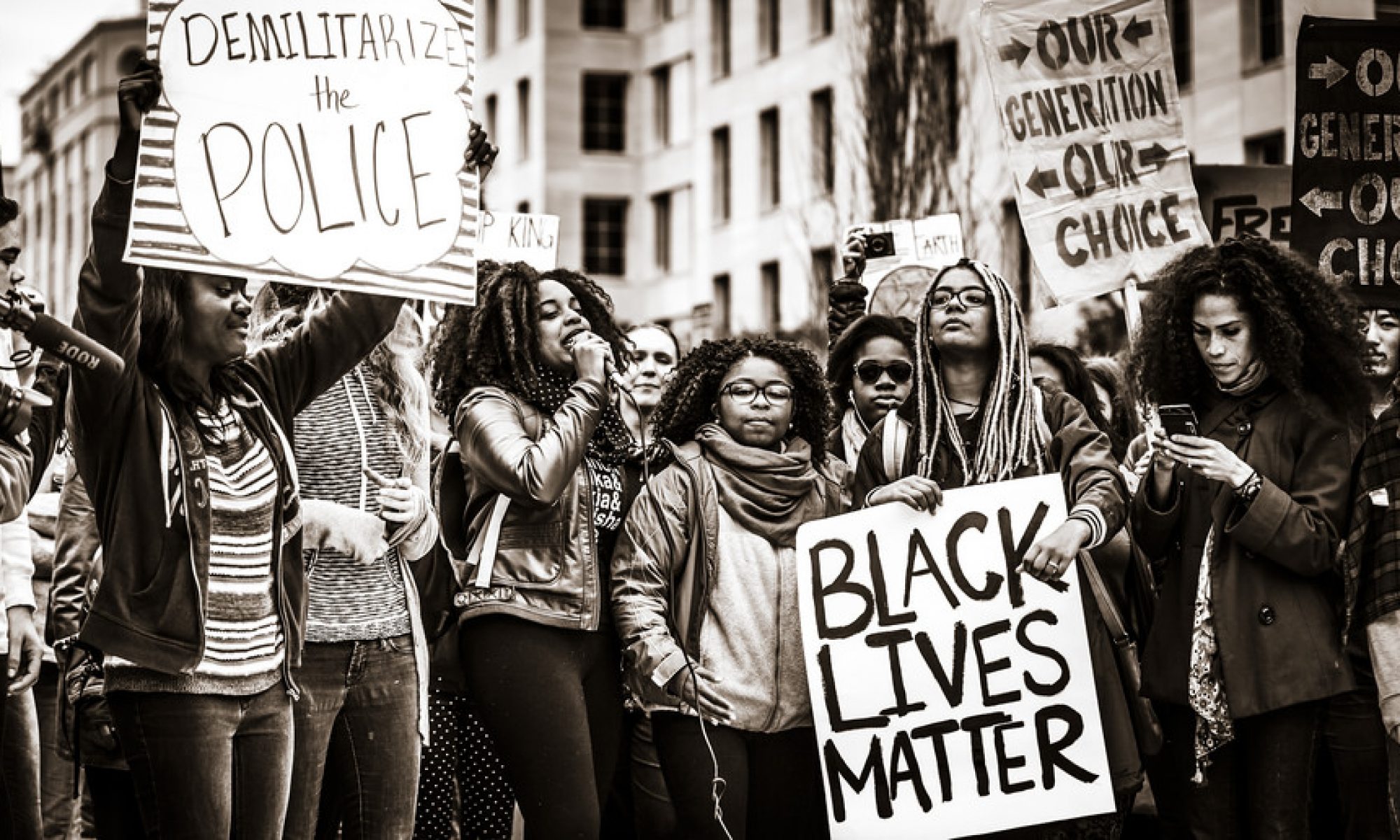https://www.businessinsider.com/ted-lieu-plays-candace-owens-hitler-comments-2019-4
Candace Owens is a popular black conservative who often makes very radical comments about racism, white supremacy, and is now being called out about her comments on Adolf Hitler. During a conference in London, Owens made a comment about Hitler basically saying that he wasn’t really all that bad because he wanted to make Germany a better place. She then goes on to say that Hitler was okay until he wanted to globalize. Democratic Rep. Ted Lieu plays this clip during a hearing that took place during white nationalism, where Owens was invited as a conservative representative. Owens claimed that the Southern Strategy does not exist and that white nationalism is not an issue in America at the moment.
White conservatives need black people, but specifically black women like Candace Owens to invalidate every struggle poor people, people of color, and women of color go through. “Well Candace Owens is black and she doesn’t think racism exists anymore so racism doesn’t exist anymore.” “Candace Owens is a woman and she doesn’t think sexism exists anymore so sexism doesn’t exist anymore.” Black people like Candace Owens who say white supremacy does not exist in our society today just further allow it to run rampant. In the left movements we have learned about in class, black women were vital to the cause and still are today. But unfortunately in radical right movement we see today, Black women hold just as much strength. Black women are a powerful force for whatever cause they are fighting for. It is vital and important that we use our voice, at the very least, to uplift and protect ourselves and our people instead of defending the very people who want to see us fail.
